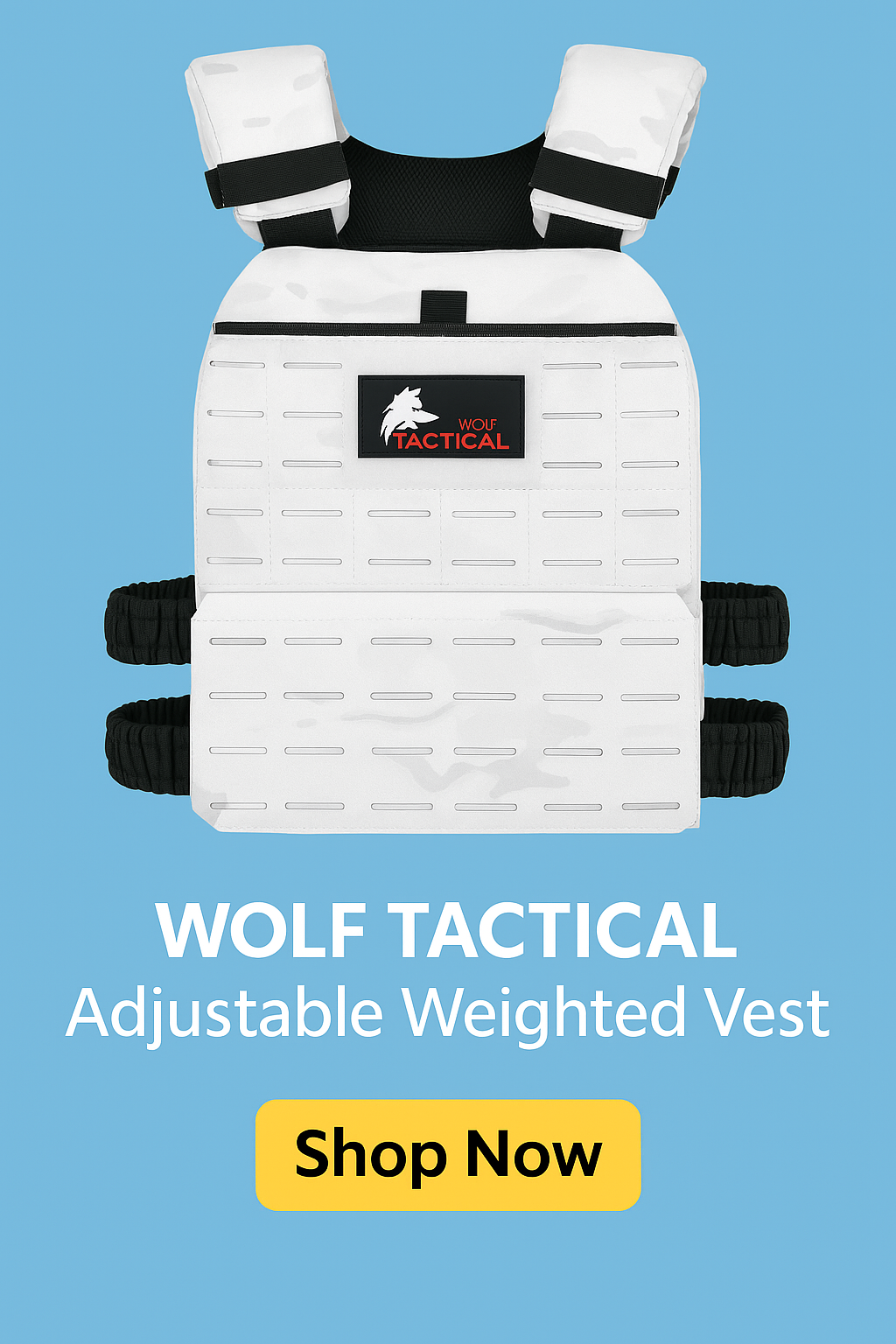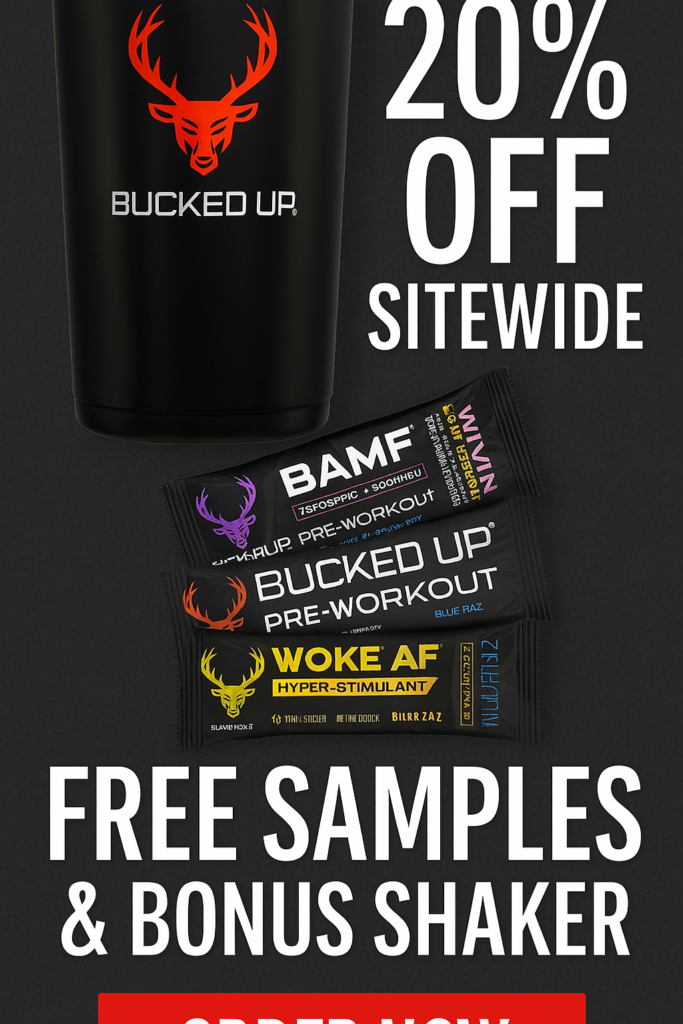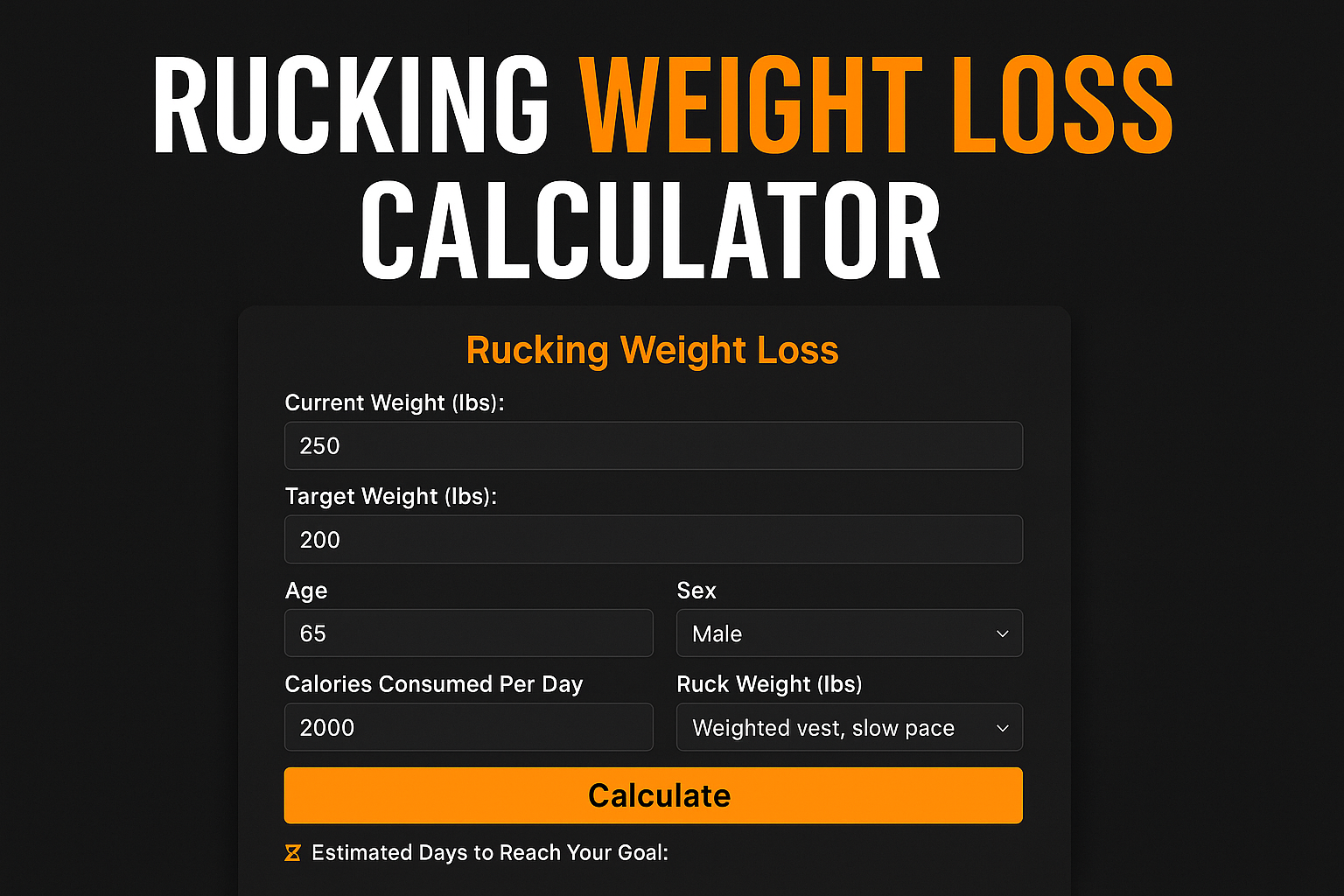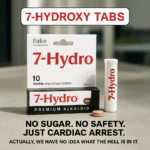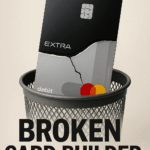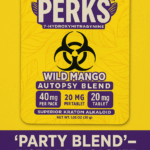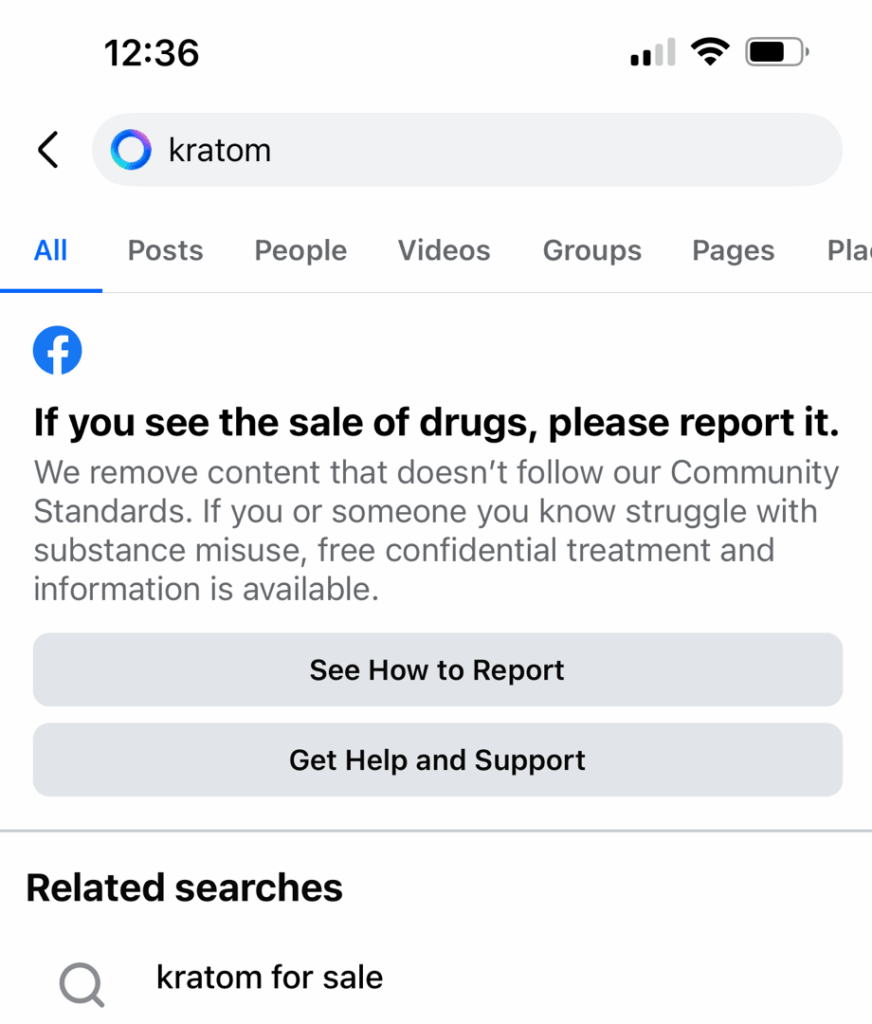
You can’t even type the word “kratom” into Facebook without getting a warning. Try it — you’ll see a message that says content has been “removed for violating community standards.” Same thing if you click “videos,” “groups,” “pages,” or anything else.
But scroll long enough?
You’ll get an ad for synthetic 7-hydroxymitragynine (7-OH) — a compound that’s far stronger, unregulated, and known to stop breathing in small doses.
So you can’t search for it.
But they’ll sell it to you.
That’s not safety. That’s a business model.
The Digital Drug Cartel
From what I’ve seen, Facebook isn’t suppressing kratom to protect people — they’re just cutting off the free stuff. If you pay them, you can advertise practically anything — no matter how dangerous.
Meanwhile, I’ve had legitimate ads rejected. I’ve had my entire business account restricted, with no real explanation and no recourse. I wasn’t selling drugs. I was selling sunglasses — products they had already approved.
But these guys?
They’re selling synthetic chemical isolates in candy packaging — and Facebook lets them through.
Why?
Because they’re paying.
A Screenshot Is Worth a Thousand Bodies
Try searching “kratom” on Facebook. You’ll get nothing but a warning — even in videos, groups, or posts. But at the same time, Facebook’s own ad engine is feeding users cartoon-packaged 7-OH products, shaped like candy and labeled like gum.
Products that can shut down your nervous system and leave you gasping for air in minutes.
You can’t search for kratom.
But they’ll sell you something worse.
A Silent Epidemic, Packaged Like Candy
This stuff isn’t being sold in hospitals or pharmacies. It’s being sold in head shops, vape stores, and gas stations. It’s dressed up in blister packs and “chewable tabs,” flavored and branded to appeal to the curious — or the addicted.
Some vendors are even giving it away for free, knowing that if someone gets hooked, they’ll come back and pay anything.
And here’s the kicker — these aren’t large quantities. These are milligram-level doses being sold for $10, $20, $40 a pop. That’s thousands of times more expensive (by weight) than something like chocolate or aspirin — and infinitely more dangerous.
It’s profitable because it’s synthetic.
It’s addictive because it’s strong.
And it’s invisible because platforms like Facebook help keep it that way.
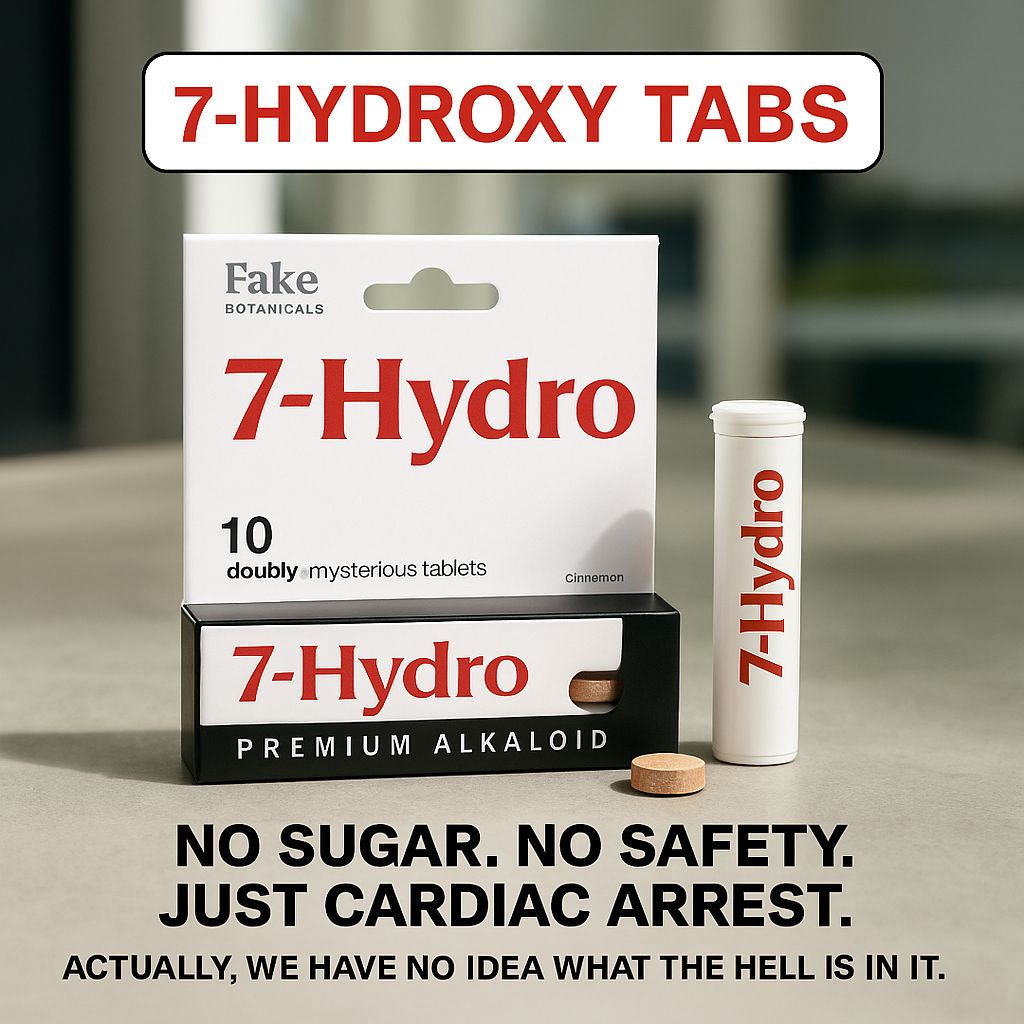
The Algorithm Knew Before I Did
I didn’t ask to see 7-OH ads. I didn’t go looking for them. I was researching kratom, supplements, and health — and Facebook picked up on that.
It didn’t offer me education. It didn’t warn me.
It served me an ad.
The algorithm knows what you’re vulnerable to. And if it smells profit?
It doesn’t care what happens next.
So Here’s the Link Again
If you’re reading this, it’s because I followed through on the title of my original article:
“If I Keep Seeing These Ads, I’m Posting This Link.”
This is that link.
🧠 Read it. Share it. Post it under their ads.
🛑 Because someone has to say it before more people die silently.
Read the original article here → “If I Keep Seeing These Ads, I’m Posting This Link”
🚨 Update: Facebook Flagged Me After Publishing This
Shortly after publishing this article — warning about the dangers of synthetic 7-OH and Facebook’s role in advertising it — I received this message from Meta:
“Your ability to earn money on Facebook is limited.”
No post was removed. No ad was running. The only thing I shared was a fact-based warning article that questioned the platform’s profit model.
So while Facebook continues to run paid ads for unregulated, synthetic kratom compounds, it apparently punishes unpaid warnings about those same products.
If that’s not a signal of misplaced priorities, I don’t know what is.

Discover more from Preston Shamblen
Subscribe to get the latest posts sent to your email.

